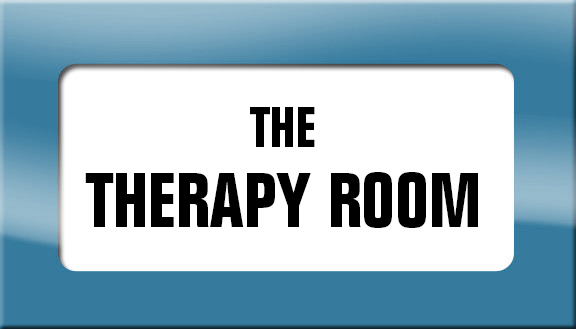There is no doubt that there is a need for better integrated physical and mental health services, especially in order to support people with long-term health conditions. The King’s Fund, an independent charity that works to improve healthcare, reports that people with long-term physical health conditions are two to three times more likely to also experience mental health disorders. This month’s Therapy Room column focuses on migraine headaches and various mental health conditions.
Peter Goadsby, a professor at King’s College in London, defines migraine as an inherited tendency to have headaches with sensory disturbance. It is an instability in the way the brain deals with incoming sensory information, and such instability can become influenced by physiological changes, such as sleep, exercise and hunger. There is no known cause for a migraine, although most people with it are genetically predisposed to it. There are certain common triggers, which include stress, lack of food, alcohol, female hormonal changes, lack of sleep and one’s environment.
Jodi Langston, a migraine sufferer for the past 3 ½ years and a contributor to The Mighty (www.themighty.com), shares “I am disabled and while misunderstanding individuals claim that I am faking it, migraine is my scary monster in the closet and it has friends. It is bad enough to have a migraine, but depression and anxiety have become my migraine’s constant companions. Depression takes away my will to fight another day and anxiety tells me my pain will spike if I try to do anything besides hiding out in the darkness of my bedroom.”
The Anxiety and Depression Association of America (www.adaa.org) explains that migraine headaches can precede the onset of mental disorders. In a 2009 study, researchers found that 11 percent of participants with migraines also had various disorders, including major depression, general anxiety disorder, bipolar disorder, substance abuse disorders, agoraphobia and simple phobias. New research suggests that people who have migraines are more susceptible to developing post traumatic stress disorder (PTSD) when exposed to trauma, like a car accident or an abusive partnership, than those who do not experience migraines.
Special treatment challenges exist for physicians treating those with migraines and mental health conditions. A physician may select medication because it is effective for an anxiety disorder as well as headache pain and then the physician must closely monitor the patient for possible side effects caused by the prescribed medication.
Research also suggests that people with migraines and a mental health disorder, such as PTSD, consider seeing a licensed psychotherapist who practices Cognitive Behavioral Therapy (CBT).
CBT, along with relaxation training and medication specifically prescribed for migraines, can also improve the conditions.
One can certainly manage migraines and mental health disorders in order to lead a full life. Change is possible!
Dr. Julia Breur is a licensed Marriage and Family Therapist with a private clinical psychotherapy practice in Boca Raton, FL. Further information is available on the website: www.drjuliabreur.com.








